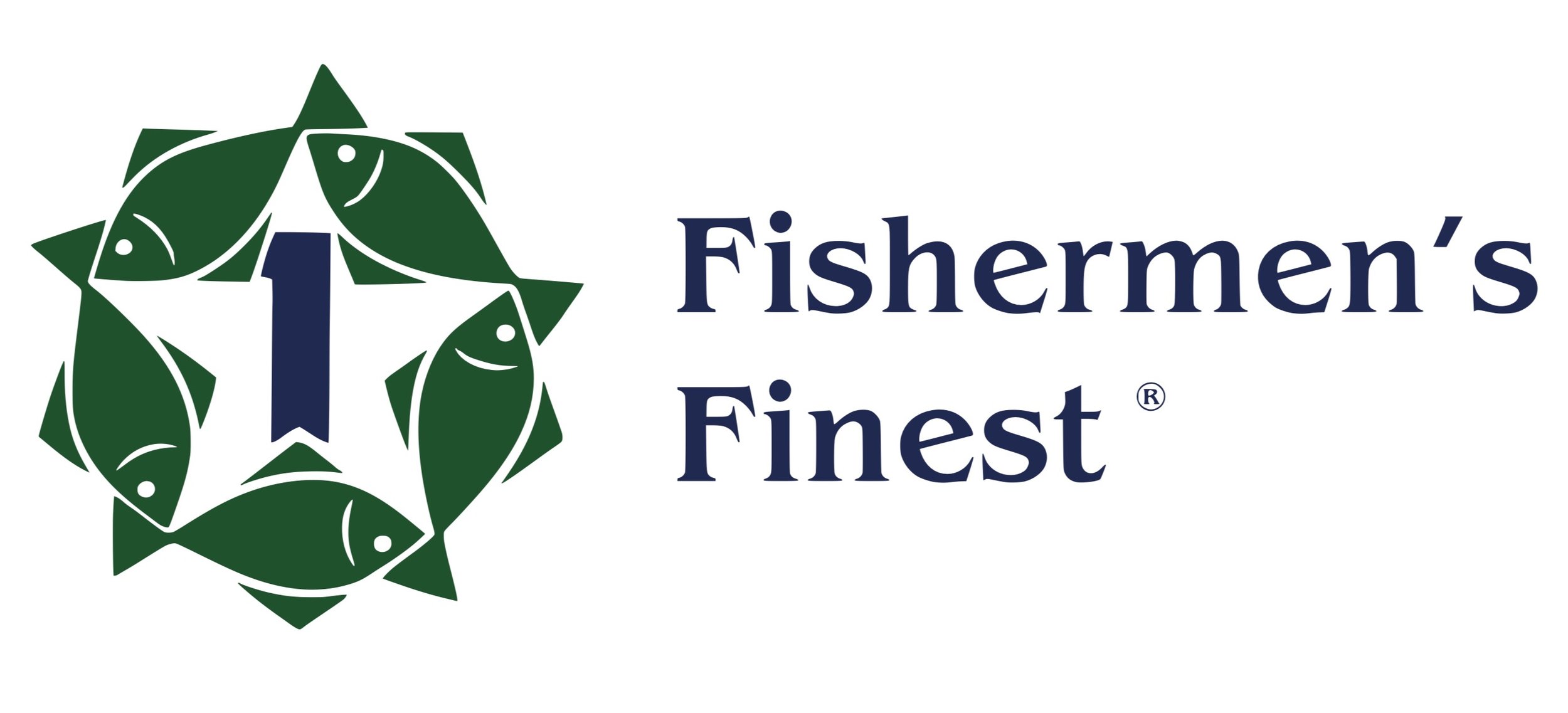Fish is food for the brain as well as good protein. Fish is a food of excellent nutritional value, providing high quality protein and a wide variety of vitamins and minerals, including vitamins A and D, phosphorus, magnesium, selenium, and iodine in marine fish. Its protein - like that of meat - is easily digestible and favourably complements dietary protein provided by cereals and legumes that are typically consumed in many developing countries.
Experts agree that, even in small quantities, fish can have a significant positive impact in improving the quality of dietary protein by complementing the essential amino acids that are often present in low quantities in vegetable-based diets.
But recent research shows that fish is much more than just an alternative source of animal protein. Fish oils in fatty fish are the richest source of a type of fat that is vital to normal brain development in unborn babies and infants. Without adequate amounts of these fatty acids, normal brain development does not take place.
Closely spaced pregnancies, often seen in developing countries, can lead to the depletion of the mother's supply of essential fatty acids, leaving younger siblings deprived of this vital nutrient at a crucial stage in their growth. This makes fatty fish such as tuna, mackerel and sardine - all of which are commonly available in developing countries - a particularly good choice for the diet of pregnant and lactating women.
In general, people in developing countries are much more dependent on fish as part of their daily diets than those living in the developed world. Figures for 1995 show that while fish provide slightly over 7 percent of animal protein in North and Central America and more than 9 percent in Europe, in Africa they provide over 17 percent, in Asia over 26 percent, and in the low-income food-deficit countries (LIFDCs) including China they provide nearly 22 percent… read more

